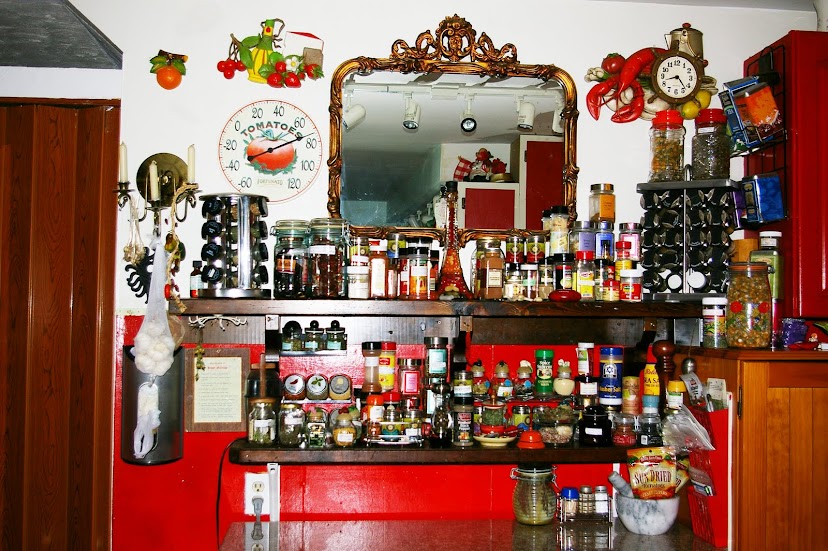Did you know that if you suffer from eczema, you will notice that your skin will erupts into hives or rashes regularly? You must then examine your diet. You might have an undiagnosed sensitivity to certain foods. Some common and ubiquitous foods can cause skin reactions, particularly in people with sensitive skin.
Gluten
The protien in wheat, barley and rye, called gluten, affects sensitive people by destroying their intestinal villi, causing a myriad of symptoms. Some people with celiac disease develop itchy, blistering rashes, called dermatitis herpetiformis, and find that when wheat and gluten are eliminated from their diets, their skin problems clear up. Even if you are not diagnosed with celiac disease, gluten could be the cause of skin eruptions. This means you should stay away from wheat bread, soy sauce, beer, cereals and anything else containing wheat flour, spelt, rye and barley.Dairy
Milk proteins (whey and casein) can aggravate allergies---particularly eczema. Scan ingredient lists for milk, non-fat milk solids, lactose, cheese, casein and whey to make sure you are not getting milk protein from products other than dairy items. Drink almond, rice or coconut milk instead of cow's milk. Experiment with goat and sheep milk, which have different protein configurations and do not trigger skin reactions as often as cow milk.
Eggs
Eggs, especially the whites, often trigger skin rashes. Histamines in the human body can view egg whites as a foreign invader, and within minutes or several hours of ingesting them, you can develop rashes and hives. Children, in particular, can have reactions to eggs.Additives
MSG, artificial colors and some preservatives can affect people with sensitive skin. Try to eat food that is close to nature, avoiding canned, frozen and boxed meals. Watch out for colorings added to yogurt, candy and snack crackers. In addition to causing skin condition flare-ups, these additives can spawn headaches, fatigue and attention problems.Wine
The tannins in wine, particularly red wine, cause some people to develop hives or flushing. White wine might be fine in small doses, but limit consumption if you find it also aggravates your skin conditions.Soy
People with sensitive skin might find that soy also creates hives or rash flare-ups. Flushing is another symptom of an intolerance or possible allergy to soy. Beware: Manufacturers add soy to many foods, even breads and canned tuna. Avoid soy milk, soy beans, meat substitutes and tofu if you have sensitivities to soy.
Thank God It's Friday!
Ask Me A Question?
Simone:)
Copyright@SimoneBonda
Disclaimer - The herbal information on this web site is intended for educational purposes only. It is not the intention of the editor to advise on health care. Please see a medical professional about any health concerns you have.
Disclaimer - These statements have not been evaluated by the FDA. The information on this web site is not intended to prevent, diagnose, treat, or cure any disease.

No comments:
Post a Comment